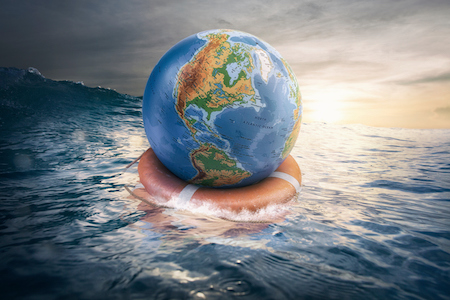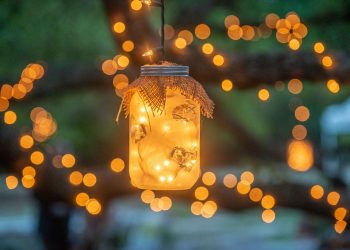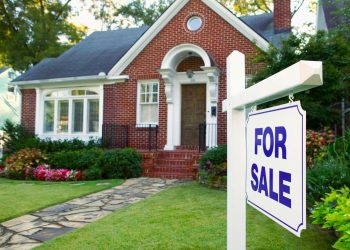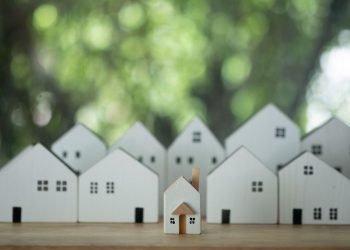The past few months have brought the devastation of natural disasters to the forefront, as televisions, newspapers and social media have covered hurricanes, floods, earthquakes and fires up-close and in graphic detail.
Those who were not affected thanked their lucky stars and rushed to help those who were by providing physical assistance or donating. But a larger issue is at stake here; no matter where you live, it’s important to ensure that your home and family are as prepared as possible to face a natural disaster should one occur
Emergency managers and first responders urge homeowners to have at least four emergency strategies in place:
Know what your insurance covers. Review your policies or consult with your insurance broker to clarify whether you have sufficient coverage in case of loss due to fire, flooding, earthquake or other natural disaster.
Safeguard your valuables. Take videos of each room in your home and photos of any expensive jewelry, artwork, collections or other valuables—they may be helpful if you have to file an insurance claim. Remember that valuables, including important paperwork, are safest when stored in a fire-proof box or safe. And do consider keeping copies of your most valuable papers in a location other than your home.
Have a family emergency plan. Draw up a reasonable escape plan for the family just in case of a fire or another emergency. Review it annually and be sure each family member understands how to get out of the house and what to do next, such as meet up at a neighbor’s home or at a nearby public area. It’s also a good idea to designate an out-of-area friend or relative as the contact person in the event the family is separated.
Stock up on supplies. Have enough food and other supplies on hand to ensure your family’s safety and comfort for at least 72 hours after a natural disaster. Stock up on canned and dried foods, bottled water, batteries, toilet paper, any needed medications and/or diapers or other supplies—and don’t forget a can opener.











